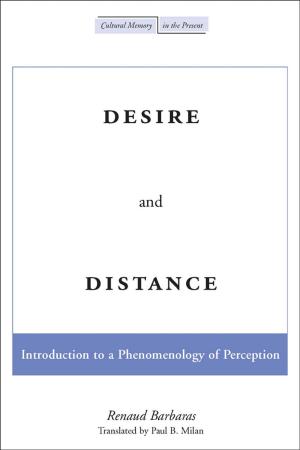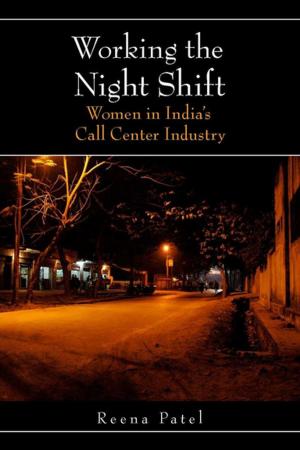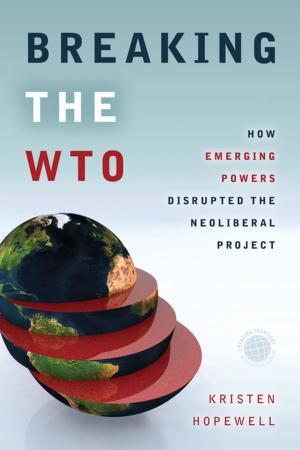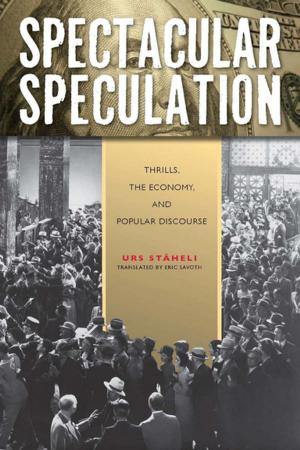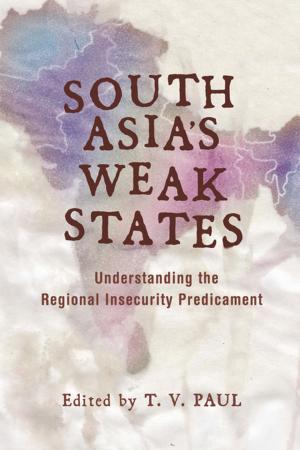Worlds Within
National Narratives and Global Connections in Postcolonial Writing
Fiction & Literature, Literary Theory & Criticism| Author: | Vilashini Cooppan | ISBN: | 9780804772501 |
| Publisher: | Stanford University Press | Publication: | October 8, 2009 |
| Imprint: | Stanford University Press | Language: | English |
| Author: | Vilashini Cooppan |
| ISBN: | 9780804772501 |
| Publisher: | Stanford University Press |
| Publication: | October 8, 2009 |
| Imprint: | Stanford University Press |
| Language: | English |
Worlds Within tracks the changing forms of novels and nations against a long, postcolonial twentieth century. While globalization has sometimes been understood to supersede national borders, this book distances itself from before-and-after sequences in order to trace the intersection between national and global politics.
Drawing from psychoanalytic and deconstructive accounts of identity, difference, and desire, Worlds Within explores the making and unmaking of ideas of nation, globe, race, and gender in the late imperialism of Joseph Conrad, the anticolonial nationalism and nascent Third-Worldism of W. E. B. Du Bois and Frantz Fanon, and the decolonizing nationalisms and postcolonial cosmopolitanisms of novelistic descendants, such as the Indian and Indo-Caribbean writers Salman Rushdie, Amitav Ghosh, V.S. Naipaul, and David Dabydeen, the anglophone and francophone African writers Chinua Achebe, Nggi wa Thiong'o, Assia Djebar, and Tsitsi Dangarembga, and the Cuban postmodern novelist and theorist Severo Sarduy. Across this global field, national identity is subtended by transnational affiliations and expressed through diverse and intersecting literary forms.
Worlds Within tracks the changing forms of novels and nations against a long, postcolonial twentieth century. While globalization has sometimes been understood to supersede national borders, this book distances itself from before-and-after sequences in order to trace the intersection between national and global politics.
Drawing from psychoanalytic and deconstructive accounts of identity, difference, and desire, Worlds Within explores the making and unmaking of ideas of nation, globe, race, and gender in the late imperialism of Joseph Conrad, the anticolonial nationalism and nascent Third-Worldism of W. E. B. Du Bois and Frantz Fanon, and the decolonizing nationalisms and postcolonial cosmopolitanisms of novelistic descendants, such as the Indian and Indo-Caribbean writers Salman Rushdie, Amitav Ghosh, V.S. Naipaul, and David Dabydeen, the anglophone and francophone African writers Chinua Achebe, Nggi wa Thiong'o, Assia Djebar, and Tsitsi Dangarembga, and the Cuban postmodern novelist and theorist Severo Sarduy. Across this global field, national identity is subtended by transnational affiliations and expressed through diverse and intersecting literary forms.



